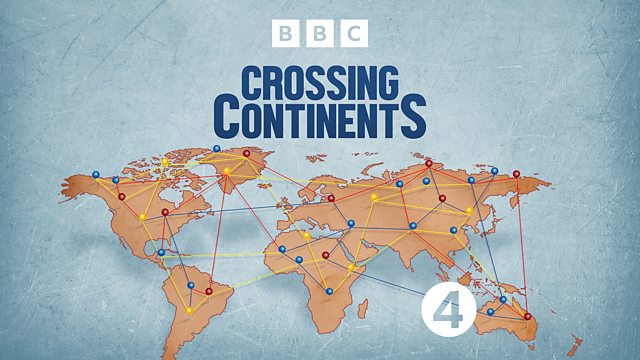Death Marches: uncovering the truth beneath the soil
How a town in Poland – once in Germany – is discovering its troubling past and the search for reconciliation between communities.
How a town in Poland – once in Germany - is discovering its troubling past.
80 years ago Soviet troops liberated Auschwitz-Birkenau, the largest Nazi extermination camp. Over 1.1 million people, mainly Jews, were murdered there. However, there is an aspect of those terrible days which is less well known and which 80 years later is still being uncovered and still resonating: the death marches.
As Soviet troops approached, in January 1945, SS soldiers at Auschwitz-Birkenau forced some 60,000 prisoners to march west, in freezing temperatures. Weak with hunger and disease, those who fell behind were shot.
This is the story of how eight decades on the search for the truth behind one of those death marches is being uncovered. For years the history of a death march passing through the once proud German community of Schönwald was hidden.
It is also the story of how descendants of the original inhabitants of Schönwald are having to confront the role some of their relatives may have played in the Nazi project, and how today’s Polish inhabitants of the town, which is now called Bojków, are grappling with what happened on their streets.
Amie Liebowitz’s own great-grandmother was murdered Auschwitz-Birkenau, while her great-aunt was rescued by the Soviet forces. She speaks to those on both sides – German and Polish – who are uncovering this history.
Presenter: Amie Liebowitz
Producer: John Murphy
Production co-ordinator: Gemma Ashman
Editor: Penny Murphy
Archive of Gita Stein from USC Shoah Foundation (1995)
On radio
More episodes
Next
Broadcasts
- Yesterday 21:00���˿��� Radio 4
- Monday 00:15���˿��� Radio 4
Podcast
-
![]()
Crossing Continents
Stories from around the world and the people at the heart of them.


